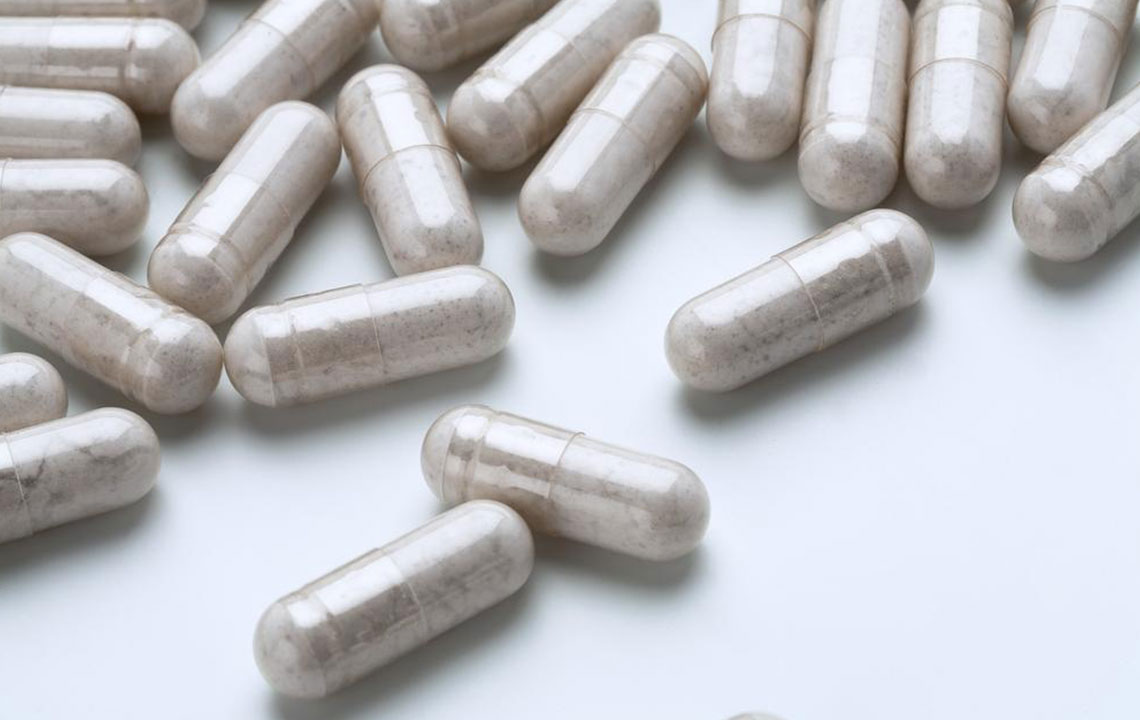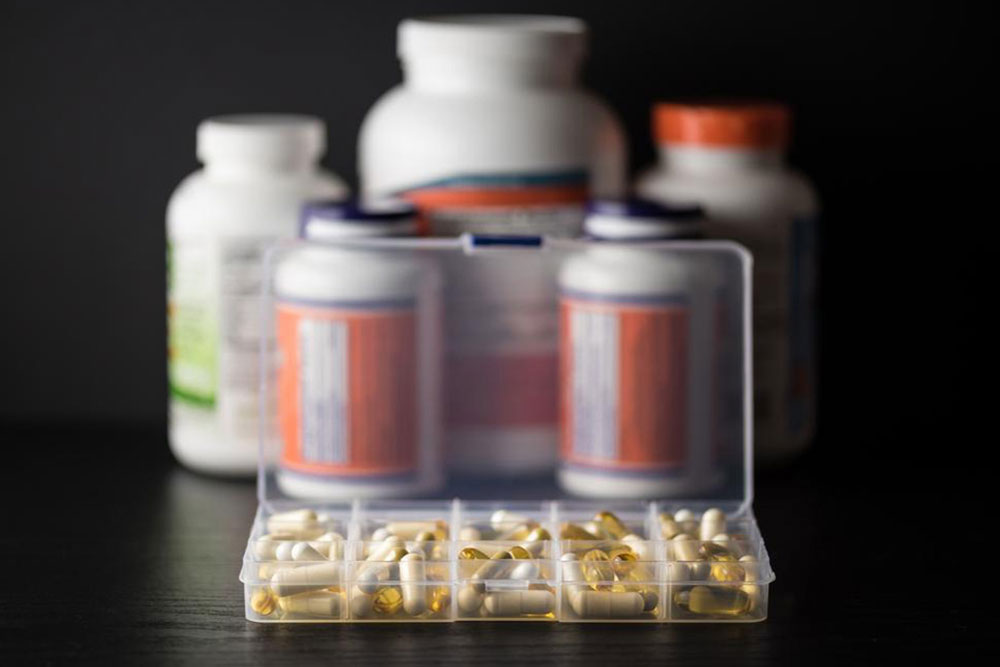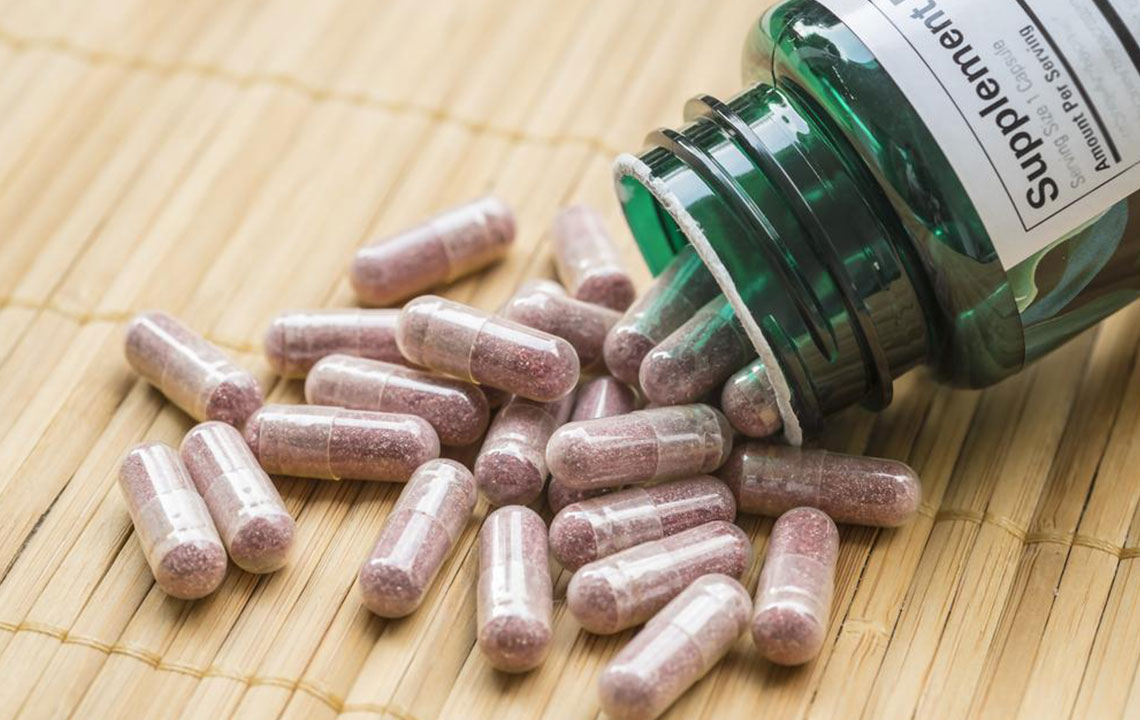Comprehensive Guide to Probiotics: Boost Your Health and Wellness
This comprehensive article explores the vital role of probiotics in health and wellness. It covers their benefits, sources, and safe usage, highlighting the importance of maintaining a balanced microbiome for overall well-being. With detailed insights into probiotic products and dietary options, readers are equipped to make informed decisions to improve digestion, immunity, and female health through probiotics, promoting a holistic approach to health.

Comprehensive Guide to Probiotics: Boost Your Health and Wellness
In recent years, probiotics have gained immense popularity as a natural way to enhance overall health and well-being. These beneficial bacteria, found in certain foods and supplements, are vital for maintaining a balanced gut microbiome—a crucial factor in digestive health, immune function, and even mental well-being. Despite their increasing presence in the health market, many people remain unaware of the full range of benefits probiotics offer, or how to effectively incorporate them into their daily routines. This comprehensive article aims to shed light on the importance of probiotics, their health benefits, sources, and safe consumption practices, enabling readers to make informed decisions about their health.
What Are Probiotics and Why Are They Important?
Probiotics are live microorganisms, predominantly bacteria, that confer health benefits when consumed in adequate amounts. They naturally reside in our bodies, mainly in the digestive tract, where they help regulate various bodily functions. The balance between beneficial and harmful bacteria in the gut is essential for optimal health. Modern lifestyles, dietary habits, stress, medications such as antibiotics, and environmental factors can disrupt this balance, leading to health issues such as digestive disorders, weakened immunity, and skin problems.
Research consistently demonstrates that maintaining a robust population of probiotics can help restore and preserve this balance. They support digestion, bolster immune defense, and may even influence mood and mental health through the gut-brain axis. Their significance extends beyond the digestive system, impacting oral health, allergies, skin conditions, and urinary tract health, making them a crucial aspect of overall wellness.
Health Benefits of Probiotics
The health benefits of probiotics are diverse and backed by scientific studies. Their primary role involves supporting digestive health; by aiding in the regulation of intestinal movements, probiotics help prevent and alleviate common disorders such as diarrhea—including antibiotic-associated diarrhea—irritable bowel syndrome (IBS), and inflammatory bowel conditions. They enhance nutrient absorption, reduce bloating, and help maintain intestinal integrity.
Beyond digestion, probiotics have positive effects on other bodily systems:
Oral Health: Probiotics can reduce the presence of harmful bacteria in the mouth, fighting dental plaques, cavities, and gum diseases.
Allergy Prevention: Certain strains may help modulate allergic responses, potentially reducing hay fever and other allergic conditions.
Cold and Respiratory Support: Regular intake of probiotics may strengthen immune responses, decreasing the frequency and severity of cold infections.
Vaginal and Urinary Tract Health: They promote the maintenance of a healthy vaginal pH, lowering the risk of infections such as bacterial vaginosis or urinary tract infections (UTIs).
Skin Conditions: Conditions like eczema and other dermatitis may improve with probiotic use due to their influence on immune regulation and inflammation.
Top Probiotic Products in the Market
The supplement industry has seen exponential growth in probiotic products, making it easier than ever for consumers to incorporate beneficial bacteria into their routines. These range from drinks and capsules to powders, each offering different strains and concentrations. While traditional Asian diets have long included fermented foods such as Miso and Kimchi, Western markets are now embracing probiotics through a variety of products, reflecting a globalized approach to health and nutrition.
Popular commercial probiotic products include:
Tropicana Probiotics Juice
American ProBiotics Supplement
Probiotics 40 Billion CFU
Vitamin Bounty – Pro 50 Probiotic
Natrogix Probiotics 40 Billion CFUs
Ultimate Flora Probiotic
Dietary Sources Rich in Probiotics
In addition to supplements, certain foods naturally contain probiotic microorganisms and can be seamlessly integrated into daily diets:
Miso: Originating from Japan, Miso is a fermented soybean paste rich in probiotics, fiber, proteins, and vitamins. Regular consumption may enhance gut health, reduce inflammation, and decrease stroke risk, especially among women.
Cheese: Various cheeses like cottage cheese, mozzarella, Gouda, and cheddar harbor beneficial bacteria that support bone health and may lower the risk of osteoporosis and cardiovascular diseases when consumed in moderation.
Kombucha: This naturally fermented tea drink contains yeasts and bacteria that improve digestion, detoxify the body, and support a healthy gut microbiome.
The Unique Benefits of Probiotics for Women
Women tend to benefit significantly from probiotic intake due to the critical role these beneficial bacteria play in preserving vaginal health. They help maintain the optimal pH balance, preventing overgrowth of harmful bacteria such as Gardnerella vaginallis that can lead to infections. Regular probiotic consumption can reduce the incidence of bacterial vaginosis, yeast infections, and urinary tract infections, promoting overall reproductive health. Evidence suggests that women with balanced gut flora experience fewer hormonal fluctuations and skin issues linked to inflammation, underscoring the importance of probiotics for female wellness.
Are Probiotics Safe? Considerations and Precautions
Probiotics are generally considered safe for most individuals; however, some people may experience mild side effects such as gas, bloating, or diarrhea, particularly during initial intake. Since regulatory oversight for dietary supplements varies across regions, consumers should exercise caution and opt for reputable brands that adhere to strict quality standards. It is especially advisable for pregnant women, breastfeeding mothers, and immunocompromised individuals to consult healthcare providers before starting probiotic products to ensure safety and appropriate strains and dosages.
It's essential to remember that while probiotics offer numerous health benefits, they are not a cure-all. A balanced diet, regular exercise, and a healthy lifestyle are fundamental to achieving optimal health. Probiotics should complement these practices, not replace them.
Conclusion: Unlocking the Power of Probiotics for Better Health
Understanding the significance of probiotics opens a pathway toward improved health, immunity, and overall well-being. Whether through fermented foods like Miso, cheeses, or through targeted supplements, incorporating probiotics into daily routines can foster a resilient gut microbiome that benefits multiple body systems. As research advances, the potential of probiotics in preventing and managing various health conditions continues to grow. Nonetheless, responsible use, informed choices, and professional guidance remain key to harnessing their full potential safely.





